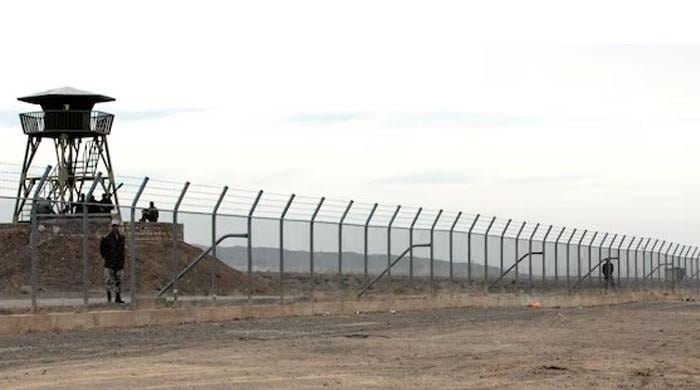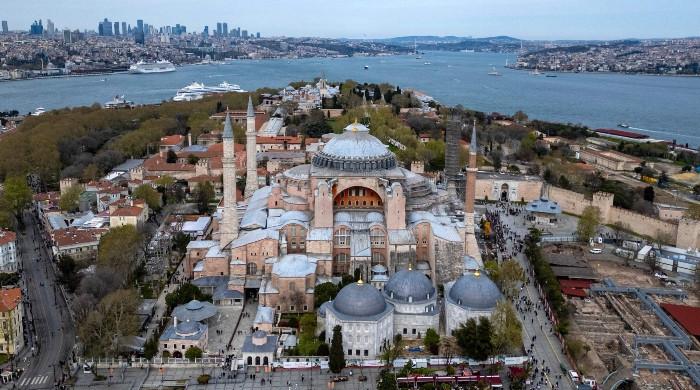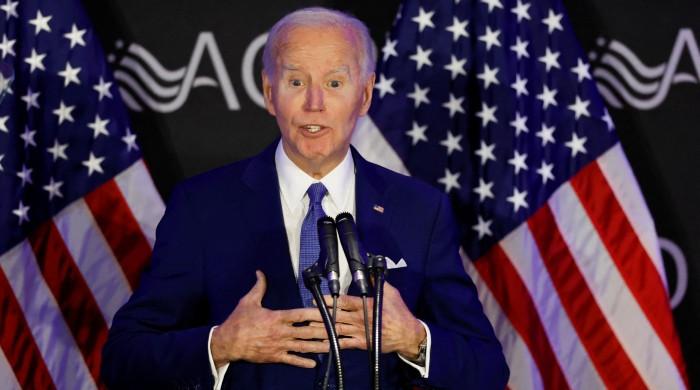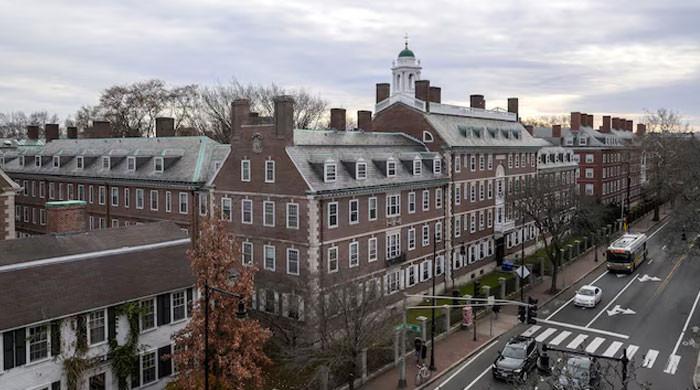FACTCHECK: Usman Khan had no relation with Pakistan
Usman Khan had no connection with Pakistan and wasn't even born in the country
November 30, 2019
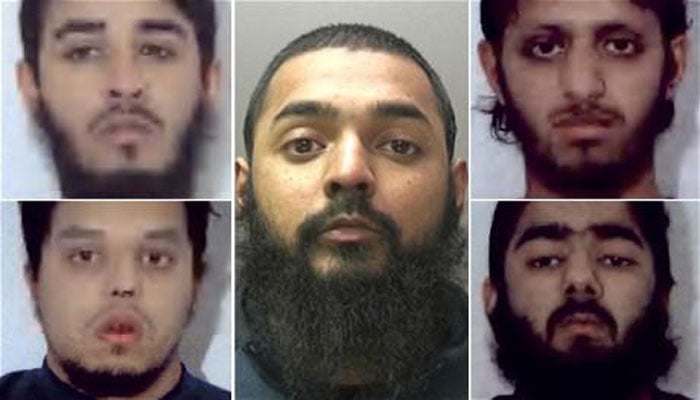
LONDON: Indian media has published a fake news to link the London Bridge attacker Usman Khan with Pakistan but the fact is Usman Khan had no connection with Pakistan as far as his extremist radicalization, terror conviction and his abhorrent acts are concerned.
Indian media outlets have said that Usman Khan, the terror suspect shot dead in the November 30, 2019 terror attack near London Bridge, was born in Pakistan but that’s a lie and an attempt to malign Pakistan.
This correspondent has attended some parts of Usman Khan’s terror trial at the Woolwich Crown Court in 2012 when he was convicted of terrorism charges with eight others for planning to bomb London Stock Exchange.
Unlike false reports published in Indian media, it became evident during the trial at Woolwich Crown Court that Usman Khan had no relation of any kind with Pakistan or Azad Kashmir, birthplace of his parents. The trial had heard from the counter-terrorism police experts that while Usman Khan discussed setting up a training camp for training in Azad Kashmir, that plan never materialized. The evidence submitted before the court had established that there was no involvement of anyone from Pakistan in the nefarious plans that Usman Khan and his terrorism associates were making.
It became clear during the trial that Usman Khan was inspired by the terrorist ideology of terror group Al Qaeda but his source of inspiration was online grooming, local radical groups and widespread availability of extremist literature online and in social circles. The terrorism trial also gave a clear hint of Usman Khan’s own mental instability and disorder.
Usman Khan was born in Stoke-on-Trent to working-class immigrant parents from Azad Kashmir.
Usman Khan was part of a gang of nine extremists from Stoke-on-Trent, Cardiff and London who were sentenced in February 2012 at Woolwich Crown Court. He was 19 at the time and youngest of the group. Most of the gang members were British Bangladeshis and three of them were born were born in Bangladesh while all the rest were British born.
Khan went to a local Stoke school and dropped out without any qualifications. Coming from a deprived and socially excluded background, Usman Khan started hanging around with local street gangs and drug pushers in the area. He lived for a large part of his life on Persia Walk. As he grew up, he started mixing with religious radicals. He was often seen doing stalls of "dahwa" in Stoke for the proscribed terrorist organisation al-Muhajiroun, which was once led by solicitor-turned-hate preacher Anjem Chowdhury.
The nine-members gang included Mohammed Shahjahan, Omar Latif, Nazam Hussain, Usman Khan, Mohibur Rahman, Mohammed Chowdhury, Shah Rahman, Gurukanth Desai and Abdul Miah. Mohammed Chowdhury was the lynchpin of the terror group.
Usman Khan and his colleagues were bugged throughout from early 2010 onwards, for several months, by the best intelligence and counter-terrorism force of the United Kingdom and the detectives found no evidence whatsoever that Khan and his terror associates had any links to a foreign soil including Pakistan.
All of the gang members had admitted the charges of preparing for acts of terrorism. The gang, led by Bangladeshi extremists, talked to each other through dawah – proselytising - or by Paltalk or other internet messaging. The London-based Bangladeshi gang members visited London Stock Exchange, Whitehall, American embassy and other locations for surveillance while preparing acts of terrorism. They were being secretly filmed while visiting the potential terror sites.
In the secret recording brought before the court, it was established that Usman Khan and others had planned to establish a “terrorist military training facility” on land owned by his family in Kashmir using their monthly income they received from the state.
In his sentencing remarks Mr Justice Wilkie had said that Usman Khan and two others (Nazam Hussain and Mohammad Shahjahan) were “more serious” than the others. The court had heard that Usman Khan, Hussain and Shahjahan were planning to fund and establish the terrorist training school and for that purpose they were planning to leave the UK in January 2011 to train. The court heard that there was in camp in Azad Kashmir and the UK militants were planning to reach there and set it up. The court didn’t see any evidence linking anyone from Pakistan or Azad Kashmir for being in touch with the militants to help them in their aims of carrying out terrorism acts. When the group were arrested, they were found in possession of the Al-Qaida English-language extremist magazine, Inspire.
The detectives had planted bugs at Khan’s home in Persia Walk, Stoke-on-Trent. He was tapped discussing how he will raise funds using jobseeker’s allowance. Sentencing, the judge said that the gang embarked on a “serious, long-term venture in terrorism” that could also have resulted in atrocities in Britain.
The judge had warned that Khan was a serious militant who should not be released while he remained a threat to the public. But that Khan, 28, from Staffordshire, had been freed from prison on an electronic tag.
Khan was wearing a fake suicide vest and electronic tag when he attended the Learning Together criminal justice conference at Fishmongers’ Hall on London Bridge. He was allowed with other convicted prisoners to attend the course for rehabilitation of prisoners and convicts.




